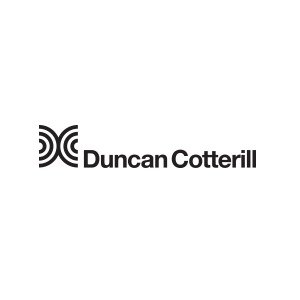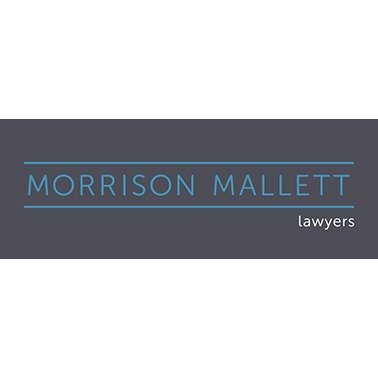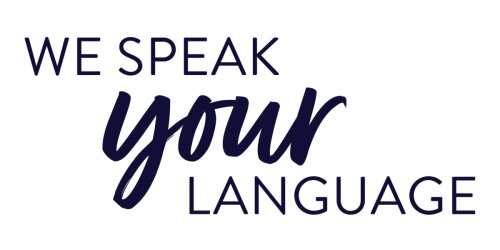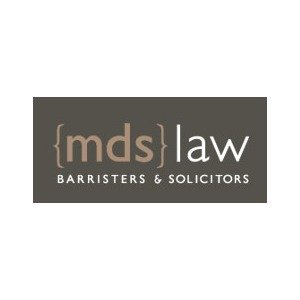Best Trademark Lawyers in New Zealand
Share your needs with us, get contacted by law firms.
Free. Takes 2 min.
Or refine your search by selecting a city:
List of the best lawyers in New Zealand
About Trademark Law in New Zealand
Trademark law in New Zealand is governed by the Trade Marks Act 2002. A trademark is a sign used to distinguish the goods and services of one trader from those of others. Marks can be registered in New Zealand to secure exclusive rights for businesses. These marks can include words, logos, sounds, or a combination of these. The registration process helps businesses protect their brands and maintain their identity in the marketplace. The Intellectual Property Office of New Zealand (IPONZ) manages trademark registrations, ensuring that old and new businesses can maintain a distinctive presence.
Why You May Need a Lawyer
There are several scenarios in which consulting a lawyer for trademark issues in New Zealand might be beneficial:
- Trademark Registration: Navigating the trademark registration process can be complex, and a lawyer can provide guidance to ensure all requirements are met.
- Trademark Infringement: If you believe someone is using your trademark without permission, legal assistance may be necessary to take action.
- Trademark Opposition: When opposing a new trademark application that may infringe or dilute your own trademark rights.
- Custom Agreements: Drafting licenses or assignments involving trademarks can benefit from legal expertise.
- International Protection: Expanding your trademark protection beyond New Zealand can require specialized legal advice.
Local Laws Overview
Key aspects of New Zealand's trademark laws include:
- Eligibility: Any sign capable of being represented graphically and distinguishing goods or services is eligible for registration.
- Registration Process: This involves submitting an application to the IPONZ, which conducts a check for distinctiveness and potential conflicts.
- Duration of Protection: Registered trademarks in New Zealand are protected for ten years, renewable indefinitely.
- Infringement: Unauthorized use of a trademark, or using a mark similar enough to cause confusion, may constitute infringement.
- Defenses and Exceptions: Use of a similar mark for unrelated goods or services, or the use of the mark descriptively, might be permissible.
Frequently Asked Questions
How do I register a trademark in New Zealand?
You can register a trademark through the Intellectual Property Office of New Zealand's online application system. The process includes a review to ensure no conflicts with existing trademarks.
How long does it take to register a trademark?
The process can vary but generally takes around six months from filing to registration, provided there are no objections or oppositions.
Do I need a lawyer to register a trademark?
While it's not legally required, a lawyer can help navigate potential pitfalls and ensure the application is thorough and correctly filed.
What happens if someone infringes my trademark?
You may take legal action, potentially including a cease and desist letter, negotiation for settlement, or filing a lawsuit for damages.
What are the costs associated with trademark registration?
The costs involve application fees payable to IPONZ, and possibly legal fees if you enlist attorney assistance. It's wise to budget for renewal fees every ten years.
Can I use my NZ trademark overseas?
Your New Zealand registration does not automatically grant protection overseas. You'll need to register your trademark in each country where you seek protection.
What if someone opposes my trademark application?
If your application faces opposition, you may need to provide evidence to counter any claims. Legal advice is crucial in such cases.
How do I renew my trademark?
You must apply for renewal through IPONZ within the final year of the ten-year registration period, including paying a renewal fee.
Are unregistered trademarks protected in New Zealand?
Yes, unregistered trademarks can be protected under the Fair Trading Act 1986 and common law actions for passing off, although registered marks have stronger legal backing.
What is a trademark opposition?
Opposition is a formal process where a third party challenges the registration of your trademark within three months of its acceptance for registration by IPONZ.
Additional Resources
The following resources can be helpful for those seeking trademark information or assistance in New Zealand:
- Intellectual Property Office of New Zealand (IPONZ): The official body for trademarks in New Zealand, where you can access forms, fees, and guidelines.
- New Zealand Law Society: Offers resources and lawyer referral services.
- Business.govt.nz: Provides information that can help with managing intellectual property and business operations.
Next Steps
If you need legal assistance in trademark matters, consider the following steps:
- Research: Start by understanding your needs and gathering relevant documentation or evidence related to your trademark issue.
- Consultation: Schedule a consultation with a lawyer specializing in intellectual property law for personalized advice.
- Prepare Questions: Before meeting with a lawyer, prepare a list of questions or concerns to discuss during your consultation.
- Plan Your Budget: Understand the potential costs involved in the legal process, including consultation, filing, and legal fees.
- Consider Long-term Needs: Assess your need for ongoing legal support to manage and protect your trademarks effectively.
Lawzana helps you find the best lawyers and law firms in New Zealand through a curated and pre-screened list of qualified legal professionals. Our platform offers rankings and detailed profiles of attorneys and law firms, allowing you to compare based on practice areas, including Trademark, experience, and client feedback.
Each profile includes a description of the firm's areas of practice, client reviews, team members and partners, year of establishment, spoken languages, office locations, contact information, social media presence, and any published articles or resources. Most firms on our platform speak English and are experienced in both local and international legal matters.
Get a quote from top-rated law firms in New Zealand — quickly, securely, and without unnecessary hassle.
Disclaimer:
The information provided on this page is for general informational purposes only and does not constitute legal advice. While we strive to ensure the accuracy and relevance of the content, legal information may change over time, and interpretations of the law can vary. You should always consult with a qualified legal professional for advice specific to your situation.
We disclaim all liability for actions taken or not taken based on the content of this page. If you believe any information is incorrect or outdated, please contact us, and we will review and update it where appropriate.
Browse trademark law firms by city in New Zealand
Refine your search by selecting a city.
















